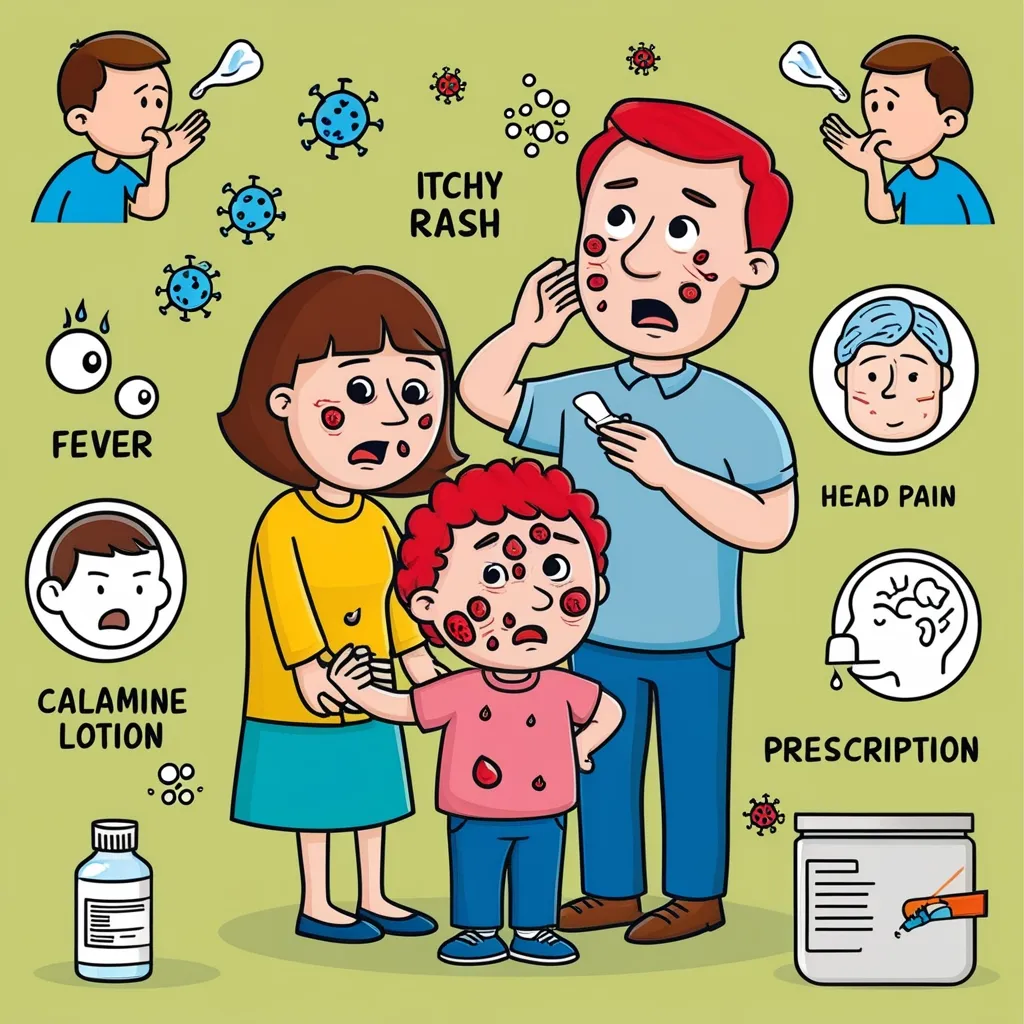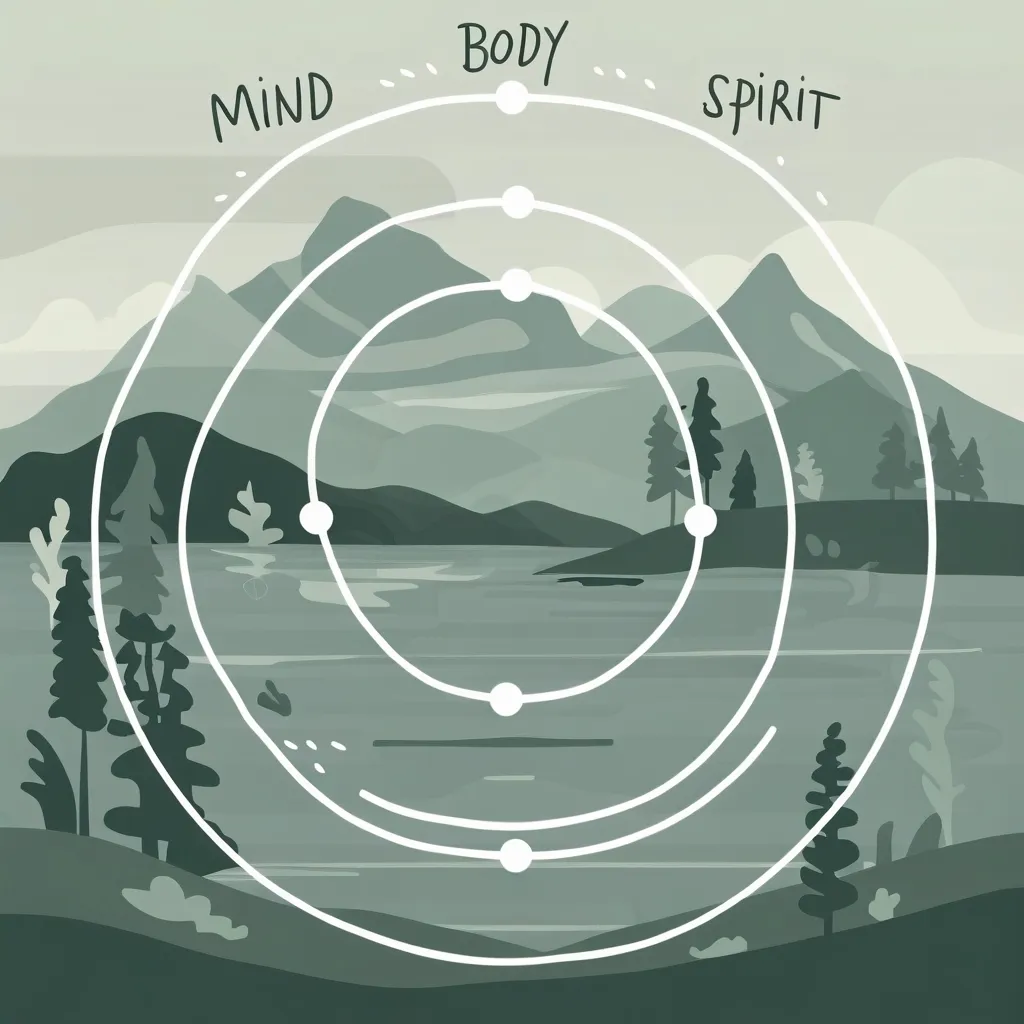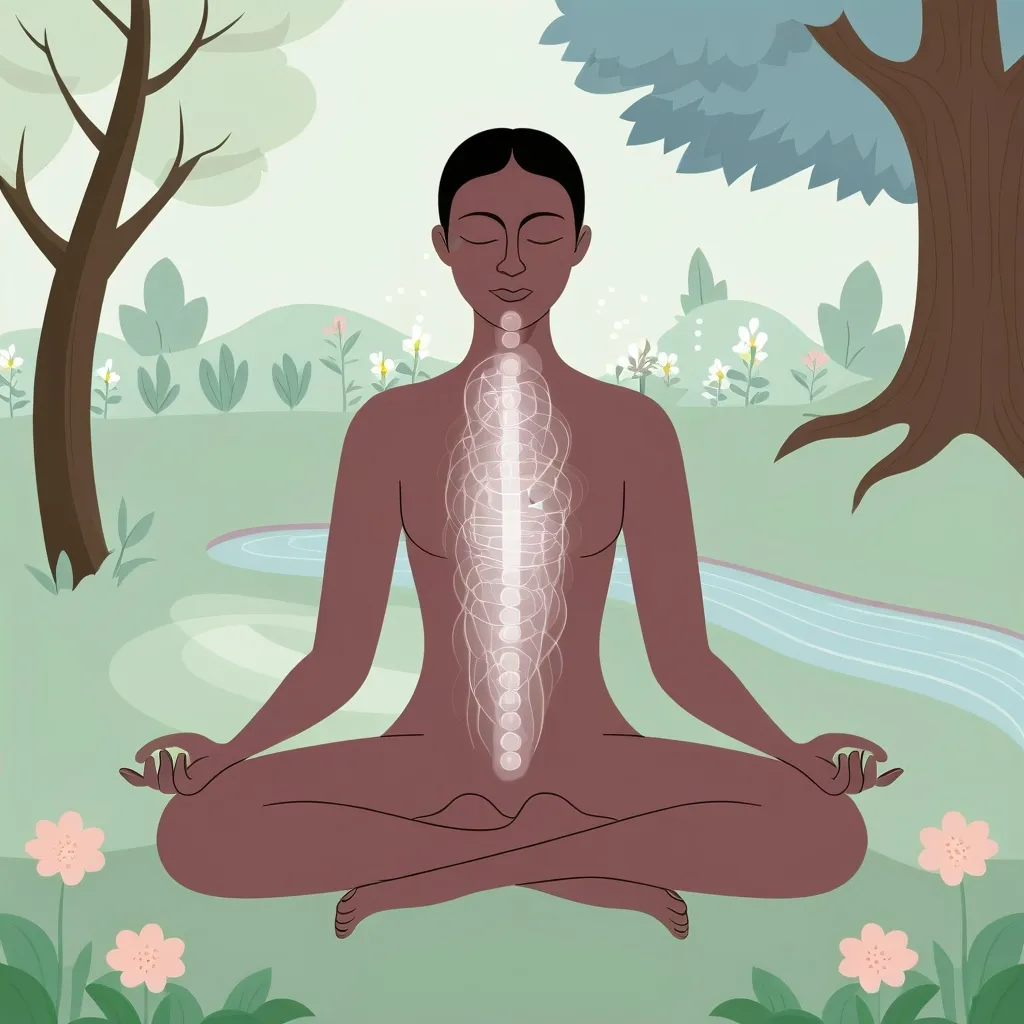Chickenpox is one of those pesky illnesses you don’t really think about until it actually happens to you or someone in your family. Caused by the varicella-zoster virus, it mostly affects children, though adults can get it too, often with more severe symptoms. The infamous itchy rash is its signature move, evolving from bumps to blisters and eventually scabs.
How It Spreads
Imagine this: you’re hanging out with someone who has chickenpox, and they sneeze or cough. Those tiny droplets fly through the air, carrying the virus with them. That’s one quick way to catch it. Another way is through direct contact with the rash or those fluid-filled blisters. The contagious window starts a day or two before the rash shows up and lasts until all the blisters have become crusty and scabbed over. Generally, this whole process takes about five to ten days.
Symptoms
The symptoms kick in between 10 to 21 days after you’re exposed to the virus. Before the rash makes its announcement, you might feel a little off with symptoms like fever, headache, loss of appetite, and overall malaise. Then comes the rash, which likes to multitask, showing up as red bumps, fluid-filled blisters, and scabs all at once because new bumps keep appearing over several days.
Treatment
There’s no magic pill for curing chickenpox, but there are definitely ways to make it more manageable. Over-the-counter meds like acetaminophen (Tylenol) can help cut down the fever and ease the pain. However, steer clear of aspirin, especially for kids, as it risks something called Reye’s syndrome—an ugly condition affecting the brain and liver.
For those who get the rough end of the stick with severe symptoms or have weakened immune systems, doctors might prescribe antiviral meds. But these are most effective if you start them within 24 hours of the rash showing up.
Home Remedies
A few handy home remedies can really take the edge off the discomfort. A lukewarm bath with colloidal oatmeal or baking soda works wonders for itchy skin. Calamine lotion is another go-to for relieving those annoying itchy spots. Oral antihistamines can help too, and rest is your best friend here. Keeping your cool, both literally and figuratively, helps as heat and sweat can make itching worse. Hydration is key, so drink plenty of water and avoid foods that might irritate your mouth or stomach, like spicy or salty snacks.
Complications
Chickenpox is usually just an annoying phase for healthy kids, but it can turn nasty for newborns, adults, and anyone with a compromised immune system. Think bacterial infections, pneumonia, brain swelling (encephalitis), or even toxic shock syndrome. Though rare, it can be life-threatening.
Vaccination
That’s why getting vaccinated is so crucial. The chickenpox vaccine is highly effective and recommended in two doses for kids. Even if a vaccinated person does catch it, the symptoms are much milder. This vaccine is especially important for people in childcare, school settings, or those who have weakened immune systems.
Long-Term Effects
After getting over chickenpox, the varicella-zoster virus lingers in your nerve cells, staying dormant. Down the line, it can wake up and cause shingles, a condition featuring painful blisters. Luckily, there’s a vaccine for shingles, recommended for adults over 50 and younger people with weaker immune systems.
Special Considerations
Pregnancy adds another layer of concern. Pregnant women who aren’t immune need to be extra cautious, as they’re at a higher risk for severe complications. If exposed, they should contact their healthcare provider pronto, as they might need treatment with varicella-zoster immune globulin (VZIG) to reduce the risk of serious illness.
Preventing Infection
To keep the virus to yourself, it’s crucial to avoid close contact with others until all your blisters have crusted over. This means no school, work, or public outings. Frequent hand-washing goes a long way in preventing the spread too.
Misconceptions
There was a time when chickenpox parties were a thing. Parents would intentionally expose their kids to the virus, thinking it was a good way to get it over with. However, this practice is now strongly discouraged as it can lead to severe complications and even death in healthy children. Vaccination is the safest and most effective way to prevent chickenpox.
Understanding the ins and outs of chickenpox—its causes, symptoms, and treatments—puts you in a better position to manage the illness and prevent its spread. Suspect chickenpox? Definitely reach out to your healthcare provider for a proper diagnosis and appropriate treatment. Knowing is half the battle, and taking the right steps can make the experience a lot less of a hassle and more of just a memory.






